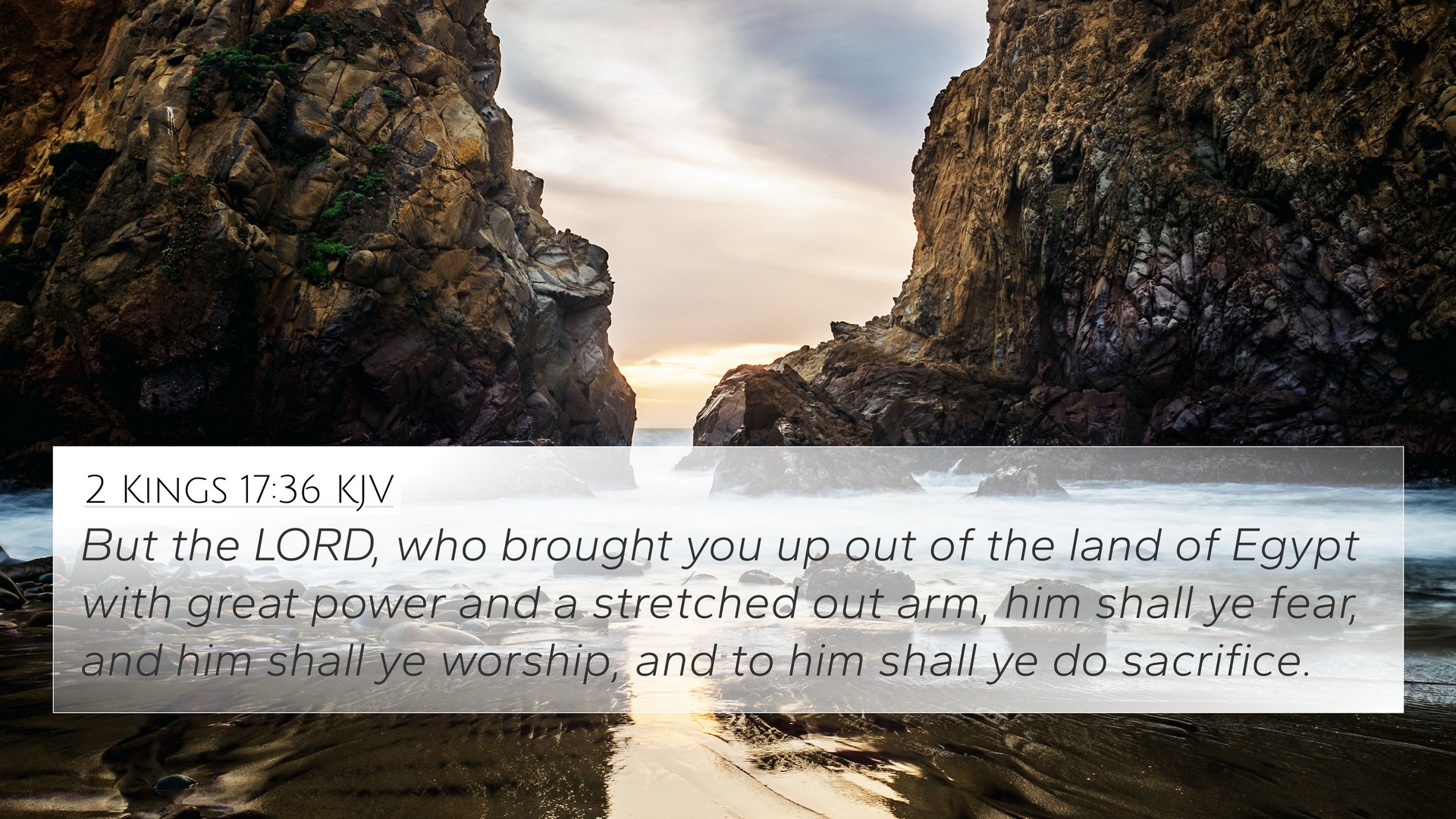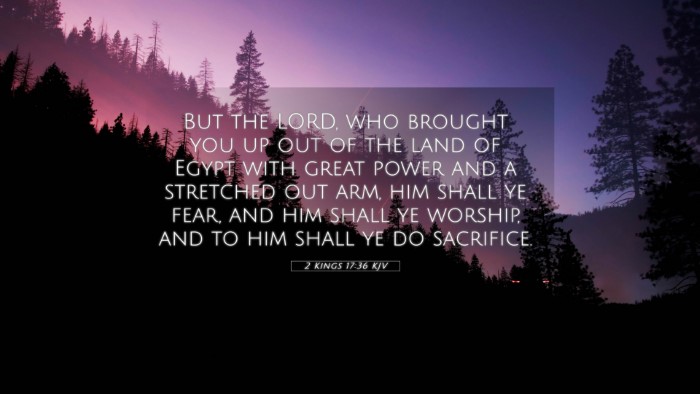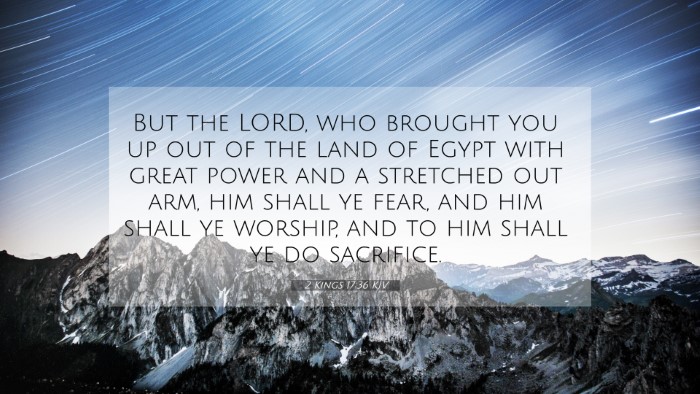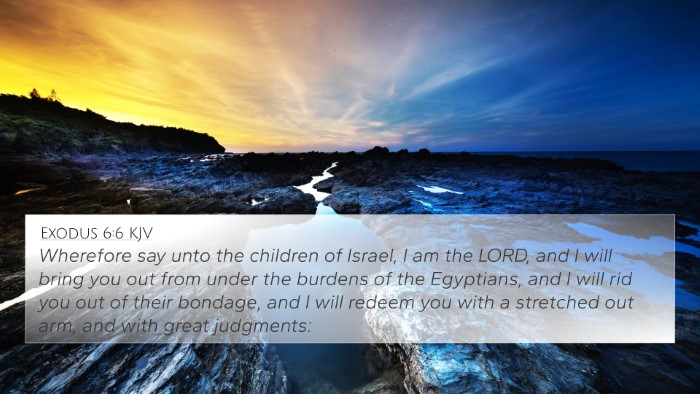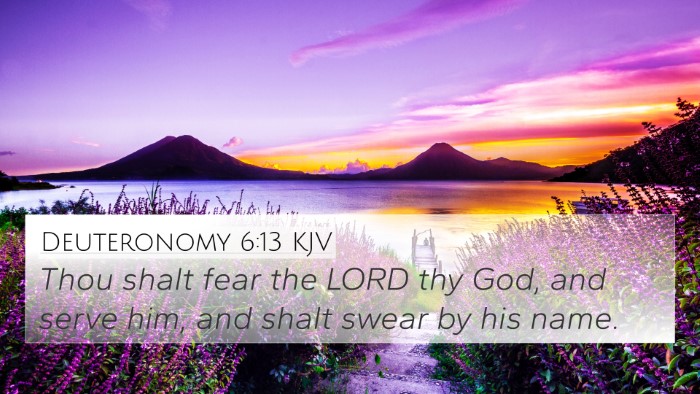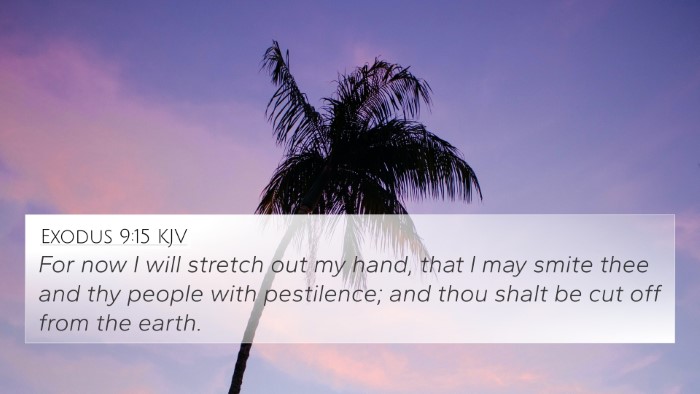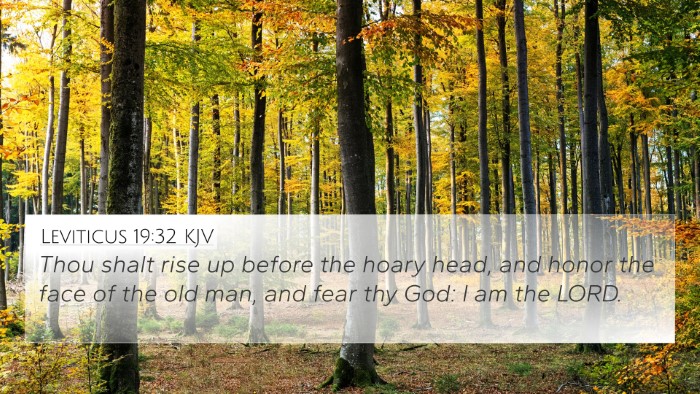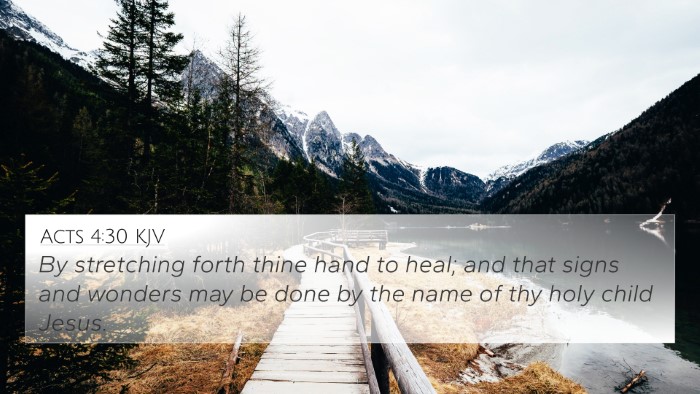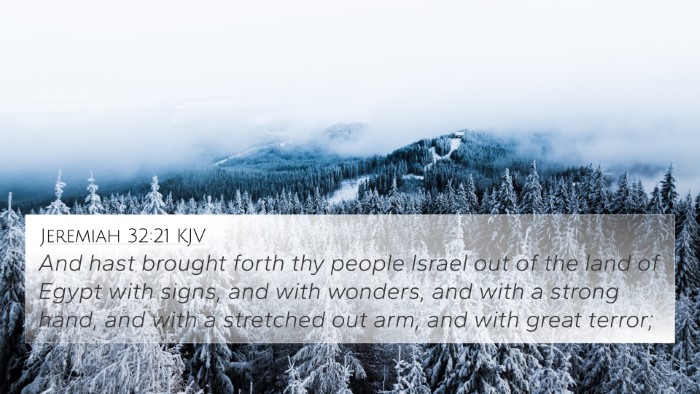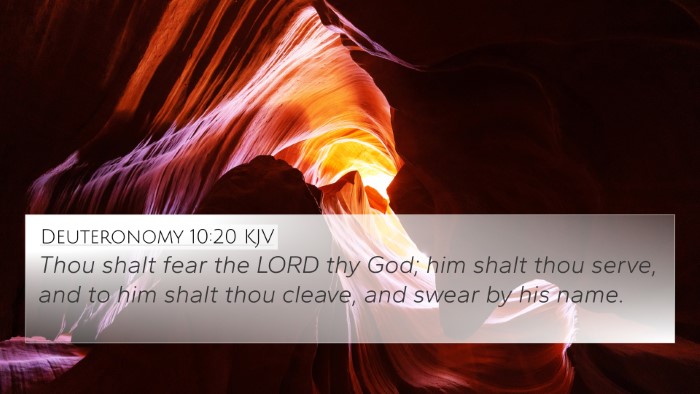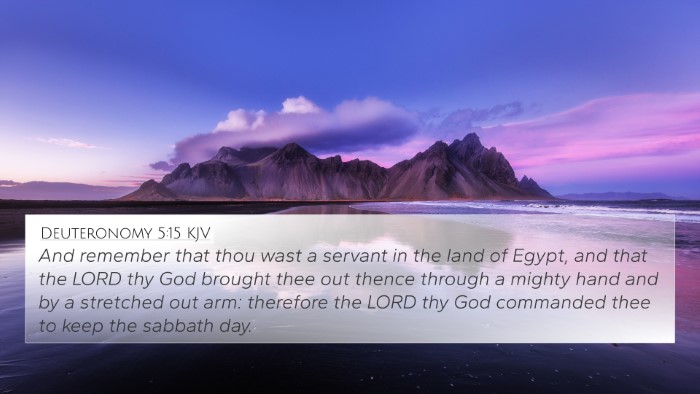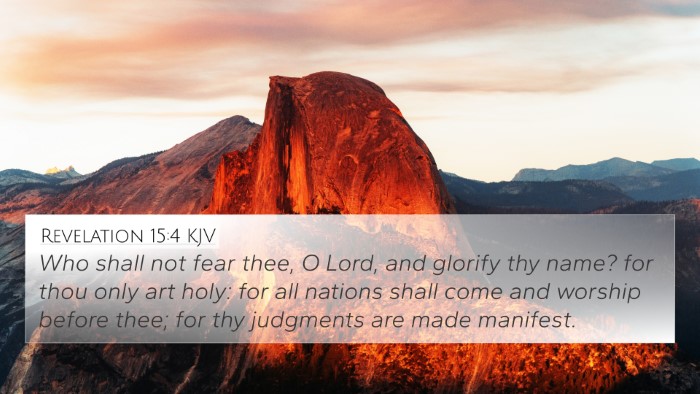Understanding 2 Kings 17:36
2 Kings 17:36 states:
"But the Lord, who brought you up from the land of Egypt with great power and an outstretched arm, him shall you fear, and him shall you worship, and to him shall you do sacrifice."
This verse emphasizes the importance of fearing and worshiping God, who delivered the Israelites from Egyptian bondage. Below, we have elaborated on its meaning and provided insights from renowned public domain commentaries.
Key Themes and Insights
- The Deliverance of God: The verse begins by recalling God's significant act of redemption—bringing Israel out of Egypt, which holds profound importance in Israel's history (See Exodus 20:2).
- The Call to Reverence: God commands His people to "fear" Him, which denotes a mix of respect, reverence, and awe towards His majesty and power.
- Worship as a Response to Deliverance: Worship is depicted as an appropriate response to God's mercy and power, as noted by Matthew Henry, indicating that worship stems from an acknowledgment of God’s sovereignty and grace.
- Sacrificial Observance: The command to make sacrifices illustrates the covenant relationship between God and His people, reinforcing their need to express gratitude and atonement through offerings (Refer to Leviticus 1:9).
Commentary Insights
Matthew Henry's Commentary
Henry notes that this verse encapsulates the essence of faithfulness to God. He elaborates on the necessity of remembering God's past acts of deliverance, encouraging believers to recognize their ongoing dependence on divine grace.
Albert Barnes' Commentary
Barnes emphasizes the historical context of the Israelites and their tendency to forget God’s wonders. He argues that this command serves as a reminder to remain steadfast in faith and not revert to idol worship, a common pitfall of that era.
Adam Clarke's Commentary
Clarke points to the significance of the phrase "with great power and an outstretched arm," noting that it symbolizes God's might. He highlights the transformative effect of salvation, arguing that those saved by God are called to active worship and devoted service.
Cross-References
This verse closely relates to various other scriptures which provide deeper insights into its themes. Here are some notable cross-references:
- Deuteronomy 6:13: "You shall fear the Lord your God and serve Him."
- Exodus 20:2-3: "I am the Lord your God, who brought you out of the land of Egypt. You shall have no other gods before Me."
- Isaiah 43:16: "Thus says the Lord, who makes a way in the sea and a path in the mighty waters."
- Psalms 66:16: "Come and hear, all you who fear God, and I will tell what He has done for my soul."
- Malachi 1:14: "For I am a great King, says the Lord of hosts, and my name will be feared among the nations."
- Hebrews 12:28: "Therefore, since we are receiving a kingdom that cannot be shaken, let us be thankful, and so worship God acceptably with reverence and awe."
- Acts 14:15: "Men, why are you doing these things? We also are men, of like nature with you, and we bring you good news, that you should turn from these vain things to a living God."
Practical Application
Understanding 2 Kings 17:36 provides believers with a framework for their relationship with God. Here are some ways to apply its teachings:
- Reflect on Deliverance: Regularly meditate on personal deliverance experiences and God's faithfulness in your life.
- Cultivate Reverence: Foster a spirit of awe and respect towards God through prayer and worship activities.
- Engage in Worship: Actively participate in worship services, acknowledging God's attributes through songs and devotionals.
- Offer Sacrifices of Gratitude: Seek ways to express gratitude to God, through acts of service and giving.
Conclusion
The verse 2 Kings 17:36 serves as a crucial reminder to the faithful about the nature of God as both deliverer and sovereign. By connecting this verse to others throughout the Scriptures, we can deepen our understanding of the biblical themes of reverence, worship, and covenant. Employing tools for Bible cross-referencing enhances our study, allowing us to uncover rich layers of meaning across the biblical text.
Further Study
For those interested in exploring more about how to identify connections between Bible verses, consider the following:
- Tools for Bible cross-referencing: Utilize a Bible concordance or cross-reference Bible study guide to deepen your research.
- Connecting Old and New Testament: Investigate themes that persist from the Old to New Testament for insights into God's redemptive plan.
- Bible reference resources: Leverage comprehensive Bible cross-reference materials available to believers today.
